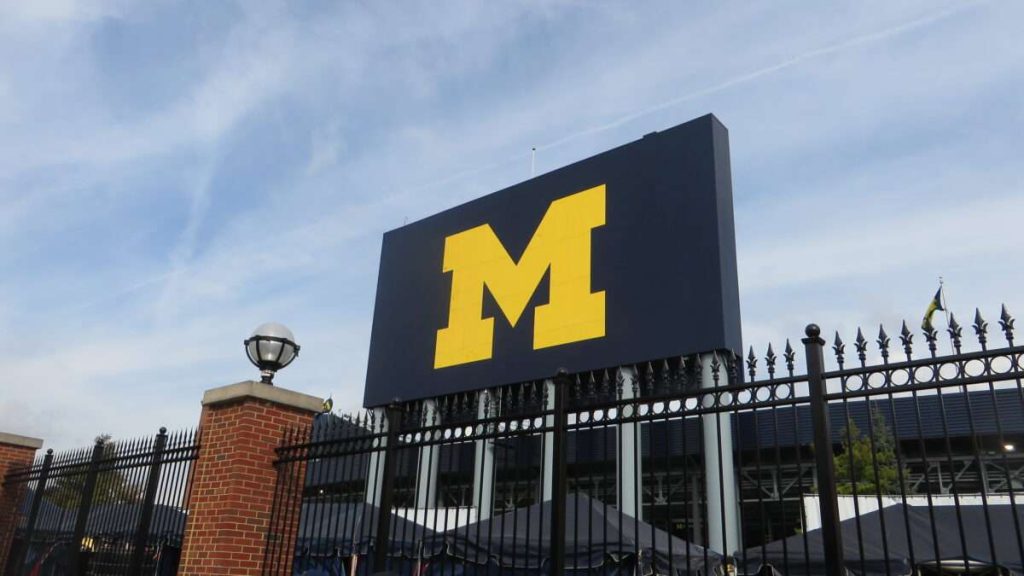While other educational institutions pulled back on their diversity, equity, and inclusion (DEI) initiatives, the University of Michigan doubled down, spending nearly $250 million since 2016 on employees and programming that fill this ever-expanding niche.
Some 241 employees of the university work in DEI offices or have one of those key words—diversity, equity, or inclusion—in their job titles, according to the American Enterprise Institute’s Mark Perry. Each and every university department, unit, and office must have a DEI action plan. This constitutes perhaps the largest DEI bureaucracy of any public university, according to an exhaustive review by The New York Times.
The verdict? Spending hundreds of millions of dollars, and countless hours, specifically designing plans to make the campus more equitable, diverse, tolerant, and affirming of minority students…backfired utterly.
“In a survey released in late 2022, students and faculty members across the board reported a less positive campus climate than at the program’s start and less of a sense of belonging,” notes The Times in its wildly negative review of the university’s DEI initiatives. “Students were less likely to interact with people of a different race or religion or with different politics—the exact kind of engagement D.E.I. programs, in theory, are meant to foster.”
Indeed, The Times finds that race and gender-based grievances have actually increased, with students filing more complaints than ever before.
“Instead of improving students’ ability to engage with one another across their differences, Michigan’s D.E.I. expansion has coincided with an explosion in campus conflict over race and gender,” writes The Times. “Everyday campus complaints and academic disagreements are now cast as crises of inclusion and harm.”
These results might come as a surprise to supporters of DEI programs, though the program’s staunchest backers tend to be people who are paid to do such work themselves and thus have a financial incentive to defend DEI irrespective of the lack of evidence that it solves problems. The reality is actually not very complicated. However, hiring an army of bureaucrats to respond to, investigate, and adjudicate trivial disputes and hurt feelings that tangentially involve privilege and status will inevitably exacerbate tensions. When students have to work things out themselves, they are more likely to do so. When they can appeal to a vast network of authority figures—embedded in literally every facet of the school, possessed of a mandate to root out offensive behavior—more of them will choose that option.
It’s a tremendous waste of money, and one that worsens the climate for free expression on campus without actually improving race or gender relations. One hopes that other institutions will pay attention to such an exorbitant failure—and kudos to The Times for noticing it.
The post University of Michigan Spent $250 Million on DEI, Made Students Unhappier appeared first on Reason.com.







